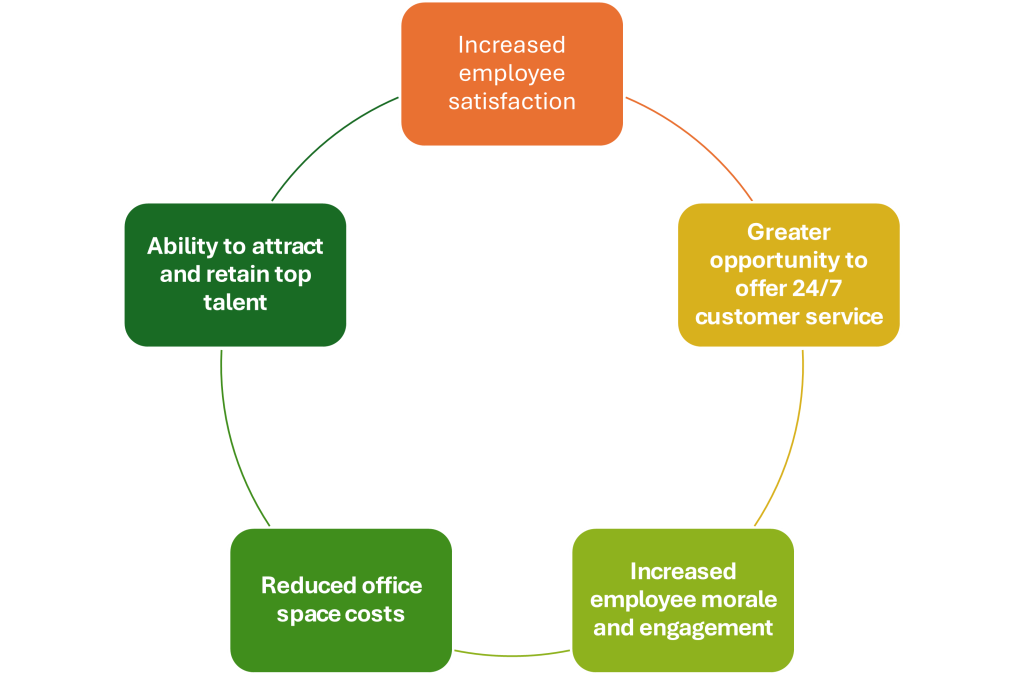Symptoms of Burnout
Burnout symptoms include feeling constantly drained and exhausted, cynical about your work, and as if you are detached and just going through the motions. It causes inefficacy, where a worker doubts their abilities. It can significantly impact a person’s work performance and overall well-being.
Management of Burnout
Employees can help prevent burnout by setting boundaries, for example disconnecting after work hours and avoid checking emails during this time. It is important to schedule time for activities you enjoy outside of work.
If you’re already burnt out, self-care should be prioritised. Ensure that you get enough sleep, eat healthy and exercise regularly. If necessary, consider speaking with your line manager to discuss your workload or working conditions. If you are struggling to cope, a therapist can equip you with strategies for stress management and recovery. Burnout is a real problem, but it‘s not inevitable.
By recognising the symptoms and taking proactive steps, we can all protect our well-being and thrive in our careers.

The enactment of the Employment Relations (Flexible Working) Act 2023
The Employment Relations (Flexible Working) Act 2023, passed in July 2023, is set to significantly impact UK workplaces from April 2024. This legislation strengthens employee rights to achieve a better work-life balance.
The main changes to flexible working legislation include the granting of ‘day one rights’ i.e. the ability to make a request from the first day of employment. This removes the previous twenty-six weeks of service required to be able to make a formal request.
In addition, employees are permitted to make two requests in a twelve-month period, as opposed to one, and the timeframe for employers to make decisions has been reduced to two months. Employers have an obligation to consult with the employee in question. Furthermore, there is no longer a requirement for employees to detail how their request would impact the employer.
These changes may cause concern for some employers. However, the reality is that employers have already been facing increased flexible working requests from employees, particularly since the COVID pandemic.
The new Act aims to empower employees and modernise work practices in the UK.
Flexible Working-Employee Benefits

Flexible Working-Employer Benefits

Flexible work through a Health and Safety lens
When it comes to flexible working, employees must ensure they still meet health and safety requirements. For example, if health and safety training is scheduled, arrangements should be made for all employees to access the necessary training. Similarly, if flexible working entails more home-based work, it is crucial to ensure adherence to health and safety standards such as access to the right equipment and support.











